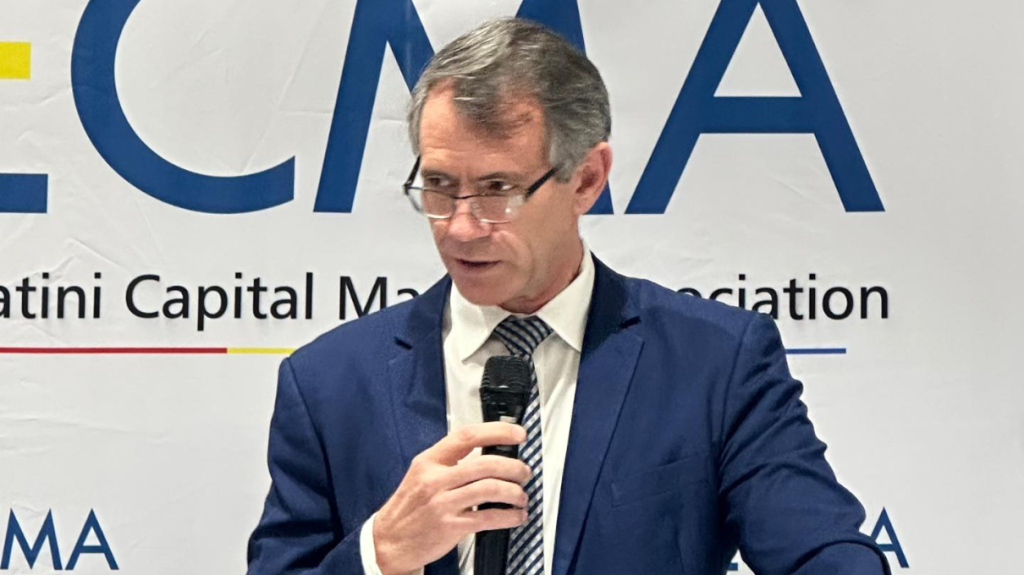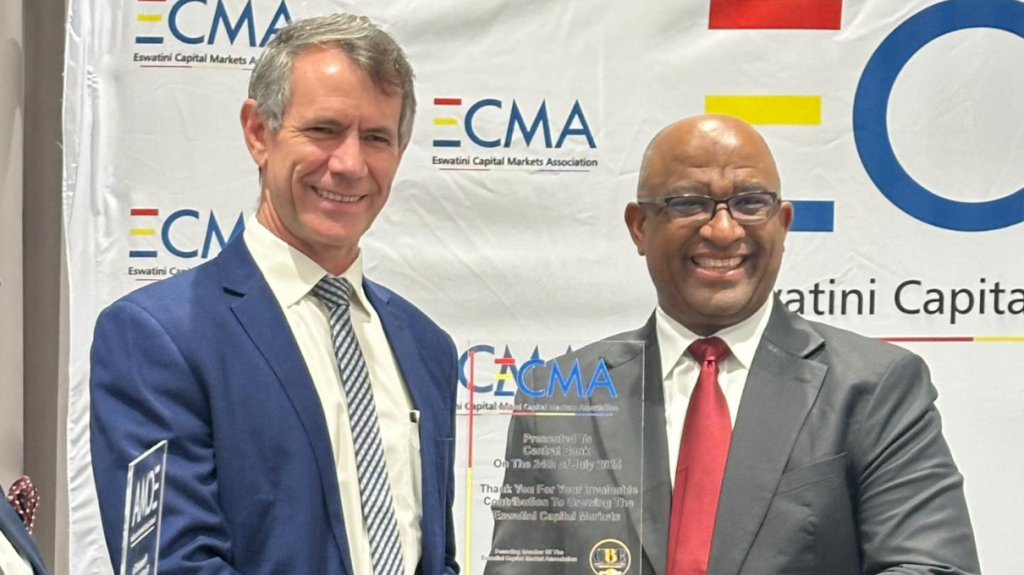
The Eswatini Capital Markets Association (ECMA) has expressed its goal to establish a fully operational bond exchange, with pension fund diversification emerging as a key focus.
Pension fund diversification involves spreading investments across various asset classes like government bonds, corporate bonds, equities, property, and alternative instruments to lower risk and enhance long-term returns. By avoiding over-reliance on a single investment type, diversification helps balance the overall portfolio, especially when some sectors underperform.
For countries like Eswatini, where domestic investment options are limited, diversifying into instruments like infrastructure or municipal bonds via a bond exchange will enable pension funds to support national development while securing stable, yield-generating assets for members.
During a strategic breakfast roundtable held in conjunction with the association’s relaunch last week, attended by government officials, asset managers, banks, and World Bank delegates, ECMA Chairman Thabo Magagula stated that the project marks a significant milestone for the kingdom’s financial future.

He explained that the initiative, undertaken with SNG Grant Thornton Advisory and the Eswatini Stock Exchange (ESE), seeks to establish a bond exchange that will foster a transparent and liquid marketplace for debt instruments such as infrastructure bonds, municipal bonds, and corporate paper, crucial for diversifying pension funds’ and institutional investors’ portfolios amid limited local options.
“The kingdom’s capital markets remain largely underutilized,” Magagula said. “Yet we have institutional investors, particularly pension funds, sitting on capital that could be mobilized toward national development.”
He added that a bond exchange would open new, secure investment channels and provide the public and private sectors with dependable access to long-term funding. He emphasized that, while traditional bank financing remains relevant, a bond market offers customized alternatives better suited to financing infrastructure, expanding businesses, and supporting government services.
“This is about more than capital; it’s about building resilience in how we finance our future,” he stated.
The initiative arrives at a time when stakeholders are seeking alternative investment strategies that balance return and impact.
The bond exchange is anticipated to attract both local and regional investors while enhancing financial literacy and market transparency.
The chairman also urged regulators to support reform efforts and called on banks, fund managers, and corporations to actively cooperate with ECMA in developing practical solutions. “We must build a market that performs and includes,” he said.

If successful, the bond exchange will serve as a platform for innovative financing tools such as green bonds and blended finance. More importantly, it will provide Eswatini’s pension funds a meaningful way to back national development while generating returns for members.
“This is not just a capital markets reform; it’s a generational investment in Eswatini’s economic sovereignty,” Magagula concluded.
Meanwhile, Minister Rijkenberg reaffirmed the government’s full commitment to investing in the infrastructure necessary for a robust, transparent, and inclusive capital market. This commitment includes upgrading technology, strengthening regulatory frameworks, increasing public awareness, and fostering public–private partnerships. He added that the Eswatini Capital Markets Association will play a crucial role in promoting ethical, transparent, and well‑governed market practices, thereby attracting investment, boosting confidence, and driving long‑term economic growth
